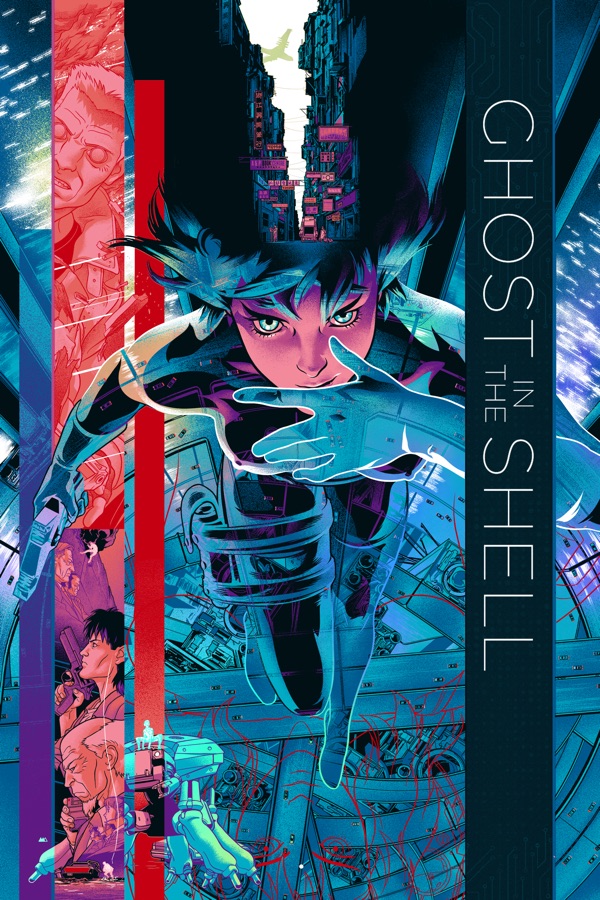

Meanwhile, his grasp of more traditional philosophy is sophomoric, his command of philosophical language tortured. It’s a mystery.” Never mind that the situation he’s talking about concerns the deposed leader of a country whose presence in Japan has massive repercussions for Japan’s international standing and for our characters. Not that his vision of this world’s geopolitics is coherent enough to add up to a political philosophy he might defend in one footnote he even mentions that “(he’s) not sure what (one character) means about (another character) sending aid. A group of protestors who find Japan’s interference in Middle-Eastern politics despicable earn only a contemptuous snub from Kusanagi “they’re so hypocritical,” she grouses,” emphasizing a lifestyle based on consumption is the ultimate violence against poor countries,” and behind her you can hear Shirow himself scoffing at the perceived stupidity of his political opponents. He seems incapable of settling on the voice of his characters the only one who has a defined personality is Motoko, and in all instances she comes across as a mouthpiece meant to express Shirow’s own views.

Shirow is an ambitious world-builder curious to explore how the body and identity intertwine and how political structures influence our perception of both, but his vision uniformly exceeds his abilities in almost every field. Nor are the changes purely cosmetic: the footnotes Shirow peppered early releases with have been expanded ten-fold in an effort to flesh out the universe and explain many of the vaguer aspects of the story and the author’s abstruse philosophy. The infamous sex scene censored from Kodansha’s earlier release is still missing for reasons impossible to explain and the paper still feels too pulpy to earn the designation “deluxe,” but no other edition has so well presented Shirow’s gorgeous artwork. If the hardcover binding feels cheap, more like a chipboard box than a lavish coffee table book, it is a vast improvement over the earlier paperback’s flimsy binding.

No longer is it flopped, nor have the original sound effects-their presence an essential part of Shirow’s painstakingly rendered and gorgeous environments-been replaced with clumsy English approximations.

Kodansha’s deluxe reissue of Masamune Shirow’s seminal Ghost in the Shell (scheduled, no doubt, to capitalize on the live-action film’s release) fixes many of the concerns fans had with earlier editions.


 0 kommentar(er)
0 kommentar(er)
